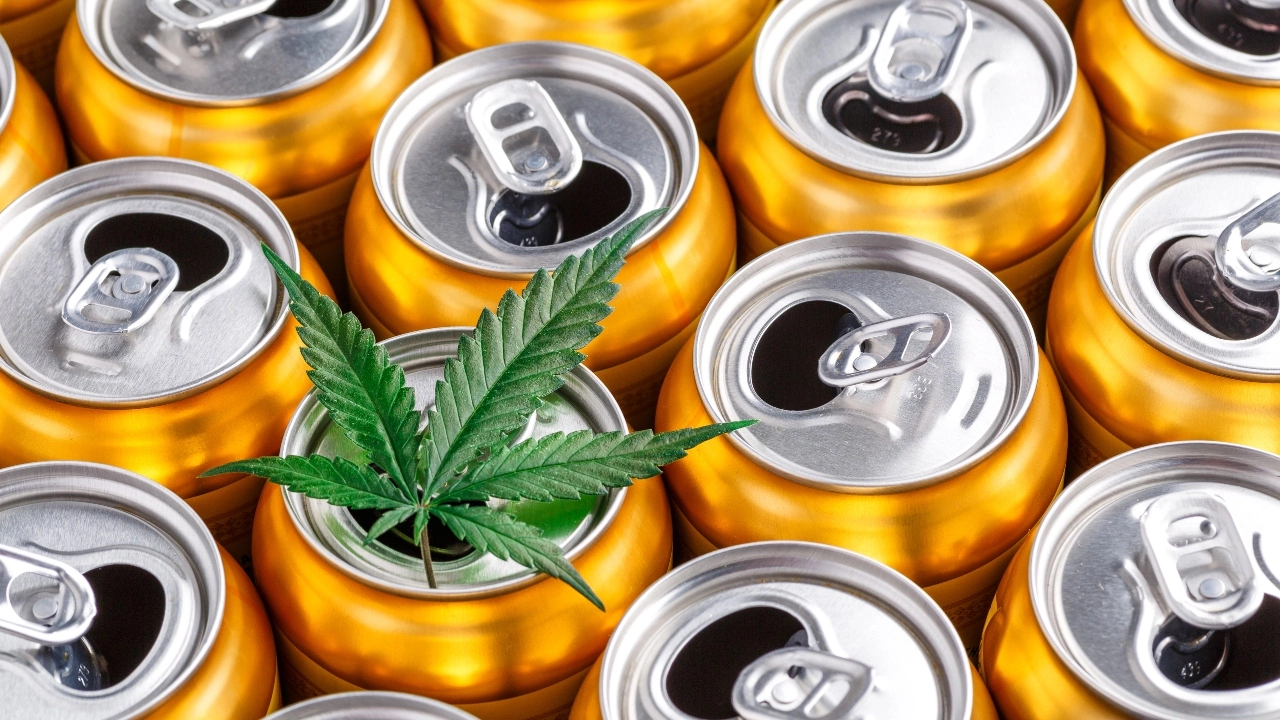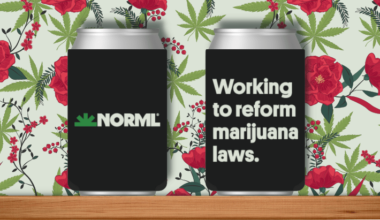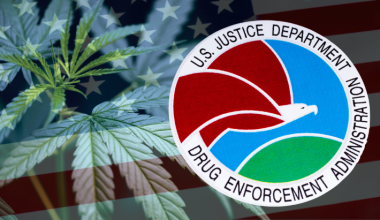THC beverage sales in the U.S. exceeded $1 billion in 2024, and is forecast to expand exponentially.
Most brands averaged $2 million in sales, with top brands easily exceeding $10 million, according to a report by Whitney Economics.
“A confluence of factors, including shifting consumer behavior, economic softening and federal regulatory changes, combined to open the doors to a rapid expansion of THC beverages across the United States,” said report author Beau Whitney.
“The emergence of THC beverage products has provided a solution that helps backfill declining revenues across multiple industries, including beer, wine and distilled spirits.”
THC beverages could soon be worth $10 billion, report says
Other findings include:
- There are up to 750 brands in the space nationwide, about 200 of which sell products in marijuana shops.
- The total potential market is valued at between $9.9 billion and $14.9 billion, meaning significant potential for expansion.
- The lack of a federal regulatory framework means state regulators are struggling with how to establish policies that protect consumers while allowing for the market’s growth.
At the time of the report, THC beverages were:
- Legal in 28 states.
- Legal but restricted in another nine states.
- Can only be sold in marijuana stores in seven states.
- Completely illegal in six states.
Many marijuana multistate operators have added hemp-derived THC offerings such as beverages to their product lines.
And major mainstream retailers like Total Wine & Spirits have proved eager to carry THC beverages.
Yet THC beverage sales comprise only about 1% of the nationwide cannabis market, according to the report.
“The cannabis beverage market is gaining serious traction, but we’re still in the early innings,” said Art Massolo, vice president of business development for Cycling Frog, a major THC drinks brand and one of the report’s sponsors.
“THC beverages are helping shape a new kind of drinking culture – one rooted in control, wellness and enjoyment.”
Medical Disclaimer:
The information provided in these blog posts is intended for general informational and educational purposes only. It is not a substitute for professional medical advice, diagnosis, or treatment. Always seek the advice of your physician or other qualified healthcare provider with any questions you may have regarding a medical condition. The use of any information provided in these blog posts is solely at your own risk. The authors and the website do not recommend or endorse any specific products, treatments, or procedures mentioned. Reliance on any information in these blog posts is solely at your own discretion.






